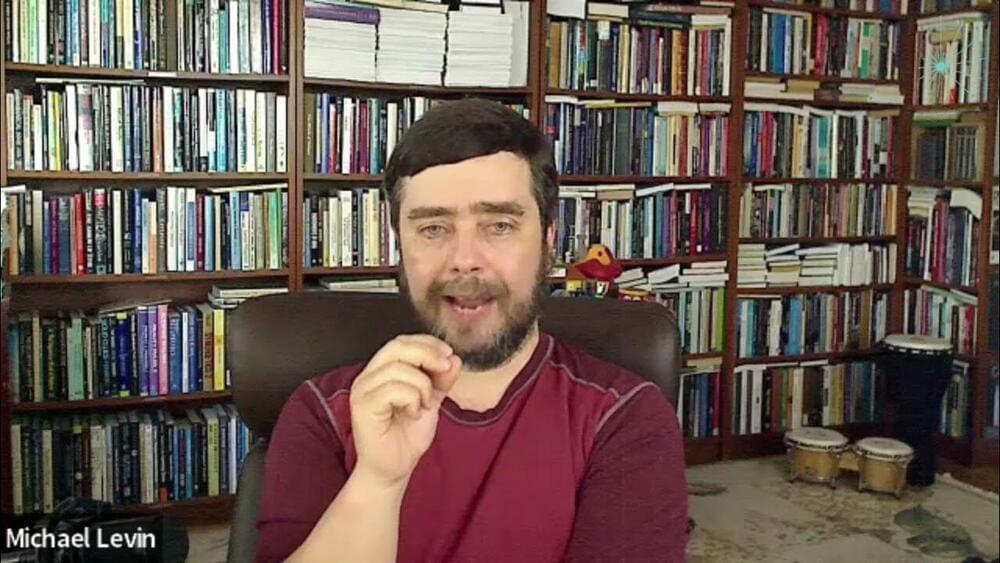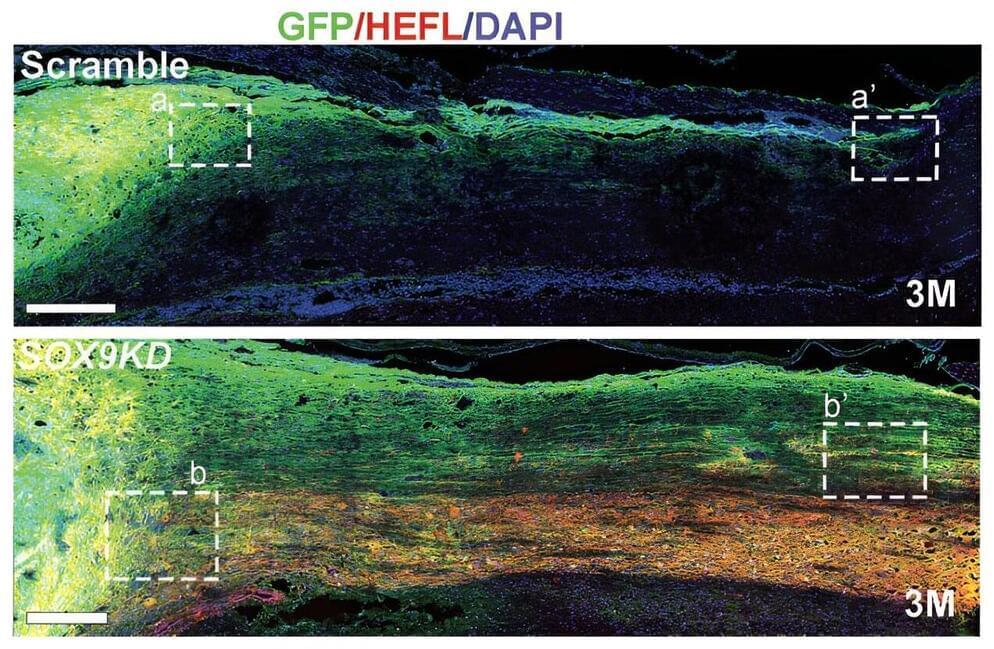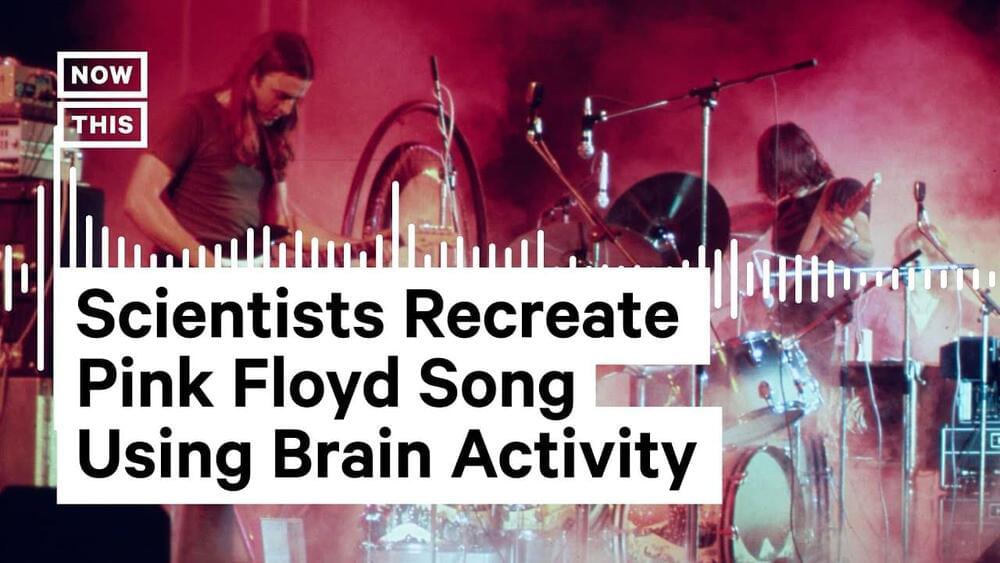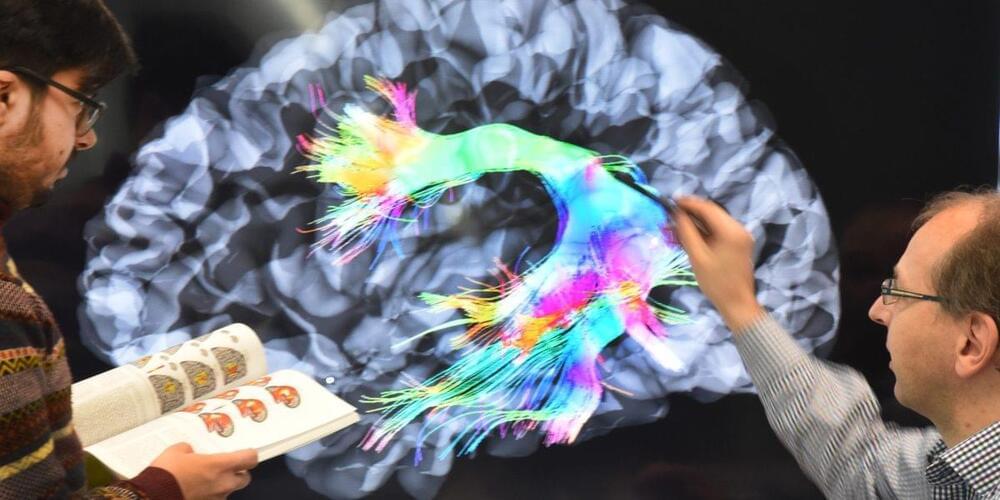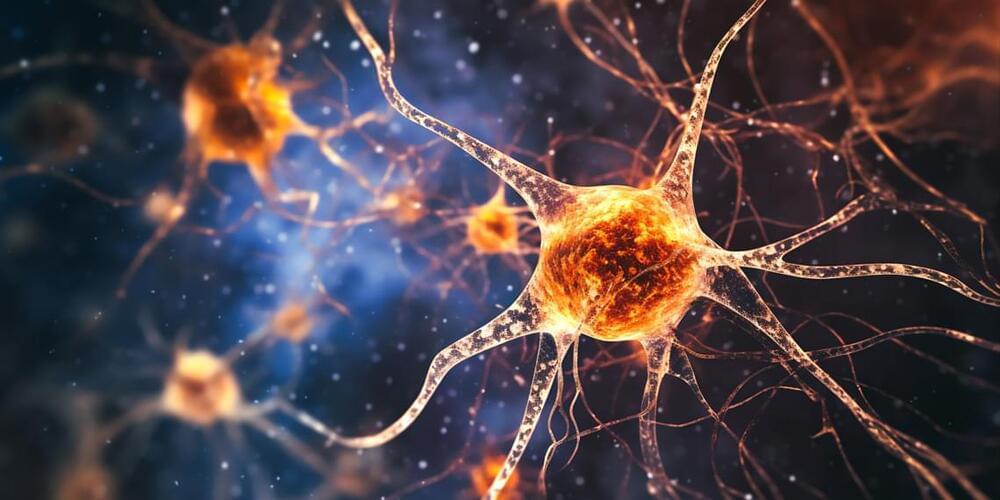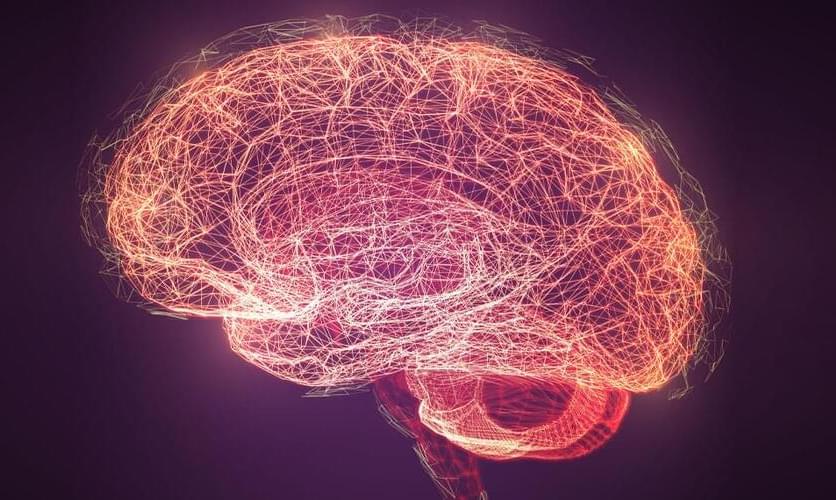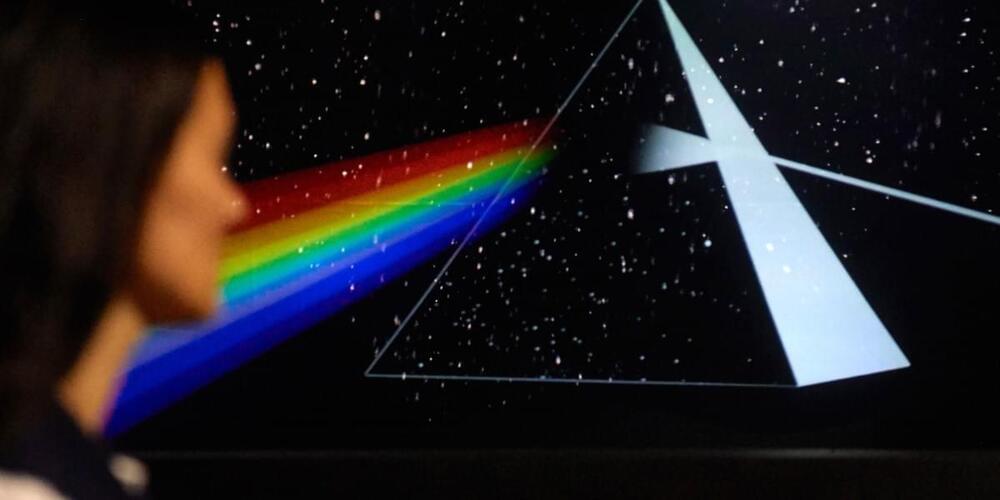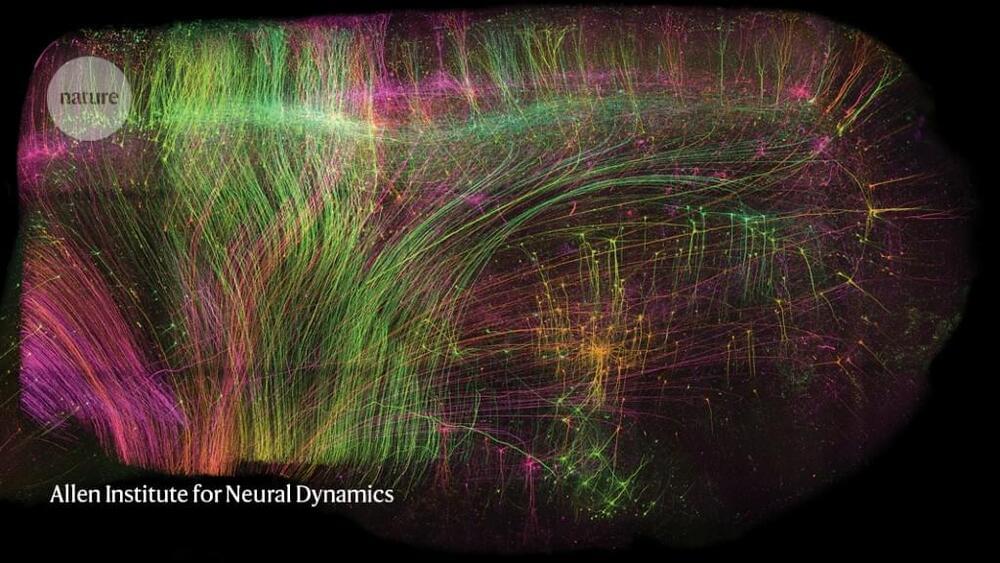Aug 17, 2023
Brains with Alzheimer’s disease have subnormal levels of important dietary antioxidants
Posted by Joseph Barney in categories: biotech/medical, education, food, neuroscience
Since this book is about what I consider intellectual subject matter, I think it’s relevant to keep brains in top shape and thought it would be important to share this. You probably know about this sort of thing but I didn’t know the specific nutrients needed and what was lacking in people with Alzheimer’s. Best wishes.
Alzheimer’s disease is a progressive neurodegenerative disease estimated to affect 6 million Americans and 33 million people worldwide. Large numbers of those affected have not yet been diagnosed.
A new study published in the Journal of Alzheimer’s Disease by a Virginia Tech Carilion School of Medicine faculty member shows that brain levels of dietary lutein, zeaxanthin, lycopene, and vitamin E in those with Alzheimer’s disease are half those in normal brains. Higher dietary levels of lutein and zeaxanthin have been strongly linked to better cognitive functions and lower risk for dementia or Alzheimer’s disease.

